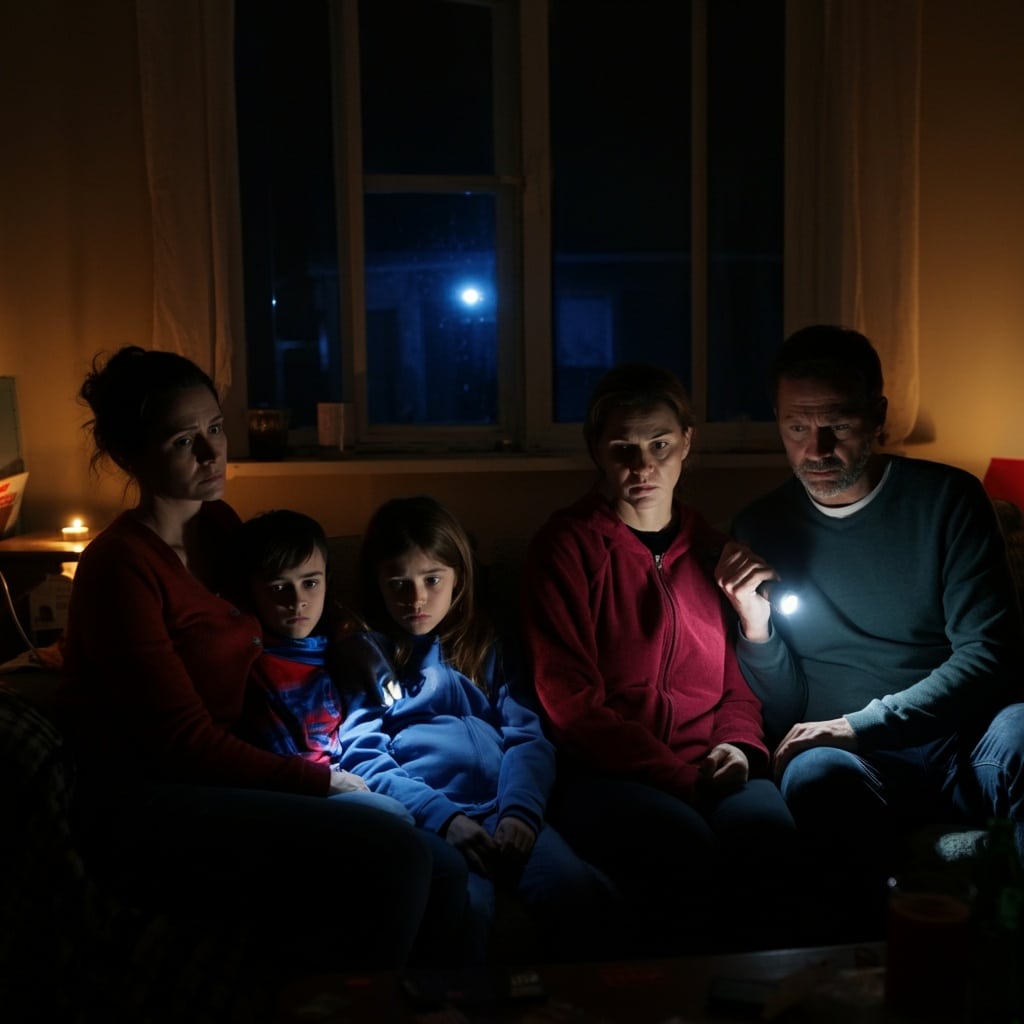Maria Elena Cárdenas is 76 and lives in a municipal shelter on Amargura Street in Havana’s colonial old town. The building has an elegant past, but for the last few days Maria has been cooking with sticks she had found on the street.
“You know, we Cubans manage the best we can,” she said. She lives in the shelter because her home collapsed, a regular occurrence in the poorest, oldest parts of the beautiful city.
Cuba’s government has spent the last days attempting to get the island’s national grid functioning after repeated island-wide blackouts. Without power, sleep becomes difficult in the heat, food spoils and the water supply fails.
Parts of Cuba’s communist system still function: the municipality sent Maria food. “We are three families here,” she said. “I live alone, the lady who lives next to me [does] also, and there are two children, the children’s mother, her aunt and an elderly man.”
A week after the blackout, the island has returned to the status quo ante with regular power cuts of up to 20 hours a day. But the crisis has left a deep, melancholy dread about the future.
“Cubans have a cheerful idiosyncrasy,” said Julio César Rodríguez, 52. “Even when things are bad we laugh. But this is really bad.”
This current crisis began on 17 October, when an order went out for all non-essential state workers to go home.
The effort to save power didn’t save the system, and a day later, the island went dark. Antonio Guiteras, one of the main power stations, shut down, crashing all the other big generating stations in the system.
“It’s very hard to restart a power station,” said a retired engineer from Antonio Guiteras, who asked to remain anonymous. “You need to produce a lot of electricity just to get it going.”
Antonio Guiteras was built in 1989, and is now battered and obsolete. “The truth is that it was built rotten,” said the engineer. He told harrowing stories of working with faulty safety equipment, political management who would disappear when problems arose and a system long pushed to its limit.
“There was a scheduled maintenance program, but it was never followed,” he said. “The requirements were too tight. We were told: ‘The factory has to produce, so patch it up.’”
The government acknowledges the parlous state of its system, blaming the 62-year old-trade embargo imposed by the United States. President Miguel Díaz-Canel said “financial and energy persecution” made it difficult to “import fuel and other resources necessary”.










